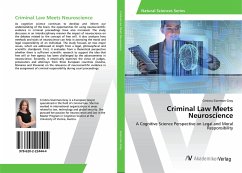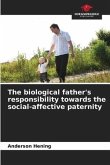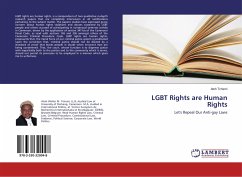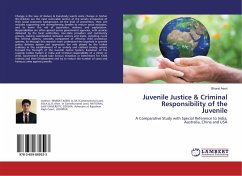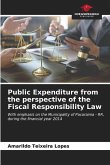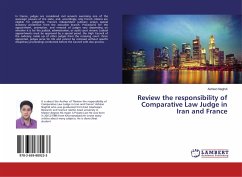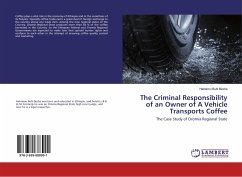As cognitive science continues to develop and inform our understanding of the brain, the opportunities for using neuroscientific evidence in criminal proceedings have also increased. The study discusses in an interdisciplinary manner the impact of neuroscience on the debates related to the concept of free will. It also analyzes how methods and tools of neuroscience can help in assessing the moral and legal responsibility of an individual. The study focuses on two major issues, which are addressed at length from a legal, philosophical and scientific standpoint. First, it evaluates from a theoretical perspective whether there is sufficient scientific research to support the idea that free will or free agency has been challenged by the advancements in neuroscience. Secondly, it empirically examines the views of judges, prosecutors and attorneys from three European countries (Austria, Romania and Slovenia) on the relevance of neuroscientific evidence in the assignment of criminal responsibility during court proceedings.
Bitte wählen Sie Ihr Anliegen aus.
Rechnungen
Retourenschein anfordern
Bestellstatus
Storno

